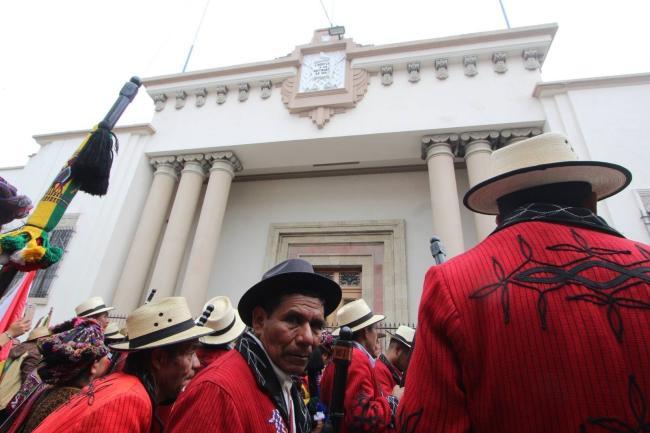We wrote to officials in Honduras about the popular opposition to contaminating megaprojects among residents of Tocoa, Colón Department, in the Aguán Valley. Residents flatly rejected projects that are threatening the envirnonment, particularly their drinking water, by the companies Emco Holdings, Inversiones Los Pinares, and Ecotek (all three have interlocking ownership).
We urge that the government of Honduras respect and implement the demands of the popular assembly of more than 2,000 people held on December 9, 2023:
-cancel all permits and concessions to Emco Holdings (petroleum coke thermoelectric plant), Inversiones Los Pinares (iron oxide mining), and Ecotek (pelletizing iron oxide)
-offer protection measures to members of the CMDBCPT (Municipal Committee in Defense of the Common and Public Goods of Tocoa)
-sanction those responsible for the illegalities related to the mining project and the threats and stigmatization campaigns against the CMDBCPT
-independently investigate, prosecute and punish those responsible for the 2023 murders of CMDBCPT members Jairo Bonilla, Aly Domínguez and Oqueli Domínguez
-pay for reparation of damages to the core zone of the Carlos Escaleras National Park

